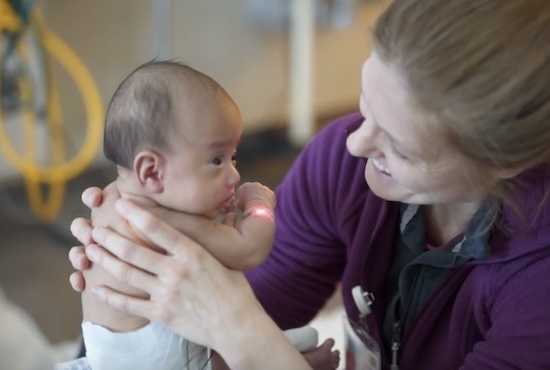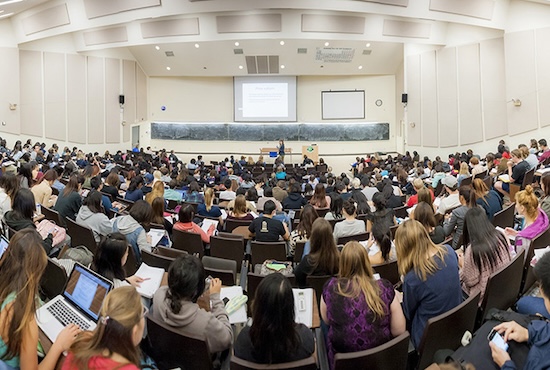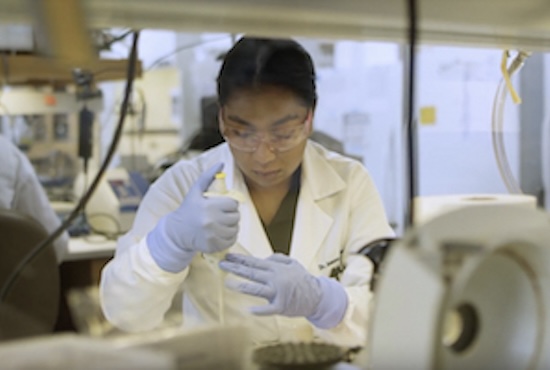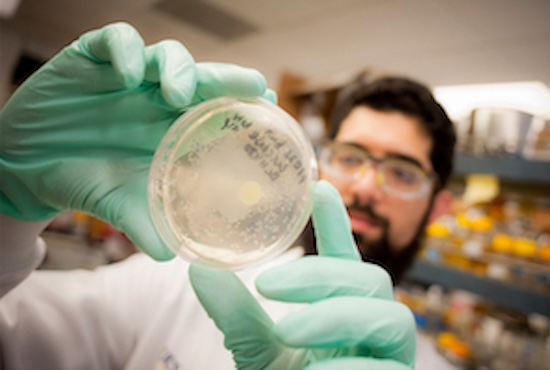Connecting the Sciences and Looking to Human Milk for New Answers
Human milk has been ignored by the scientific community for centuries. New evidence shows that human milk is far more than nutrition for infants; it has the potential to help address many of the most debilitating and deadly diseases we face today.
Despite advances in biomedical technology, we lose loved ones to preventable disease every day. Cardiovascular disease, diabetes, cancer, infectious superbugs—these illnesses know no bias, affecting men, women, children and newborns alike. Millions will continue to suffer unnecessarily if we don’t change how and where we look for answers.
What if we could help prevent a lifetime of suffering right from birth? What if we had a template for novel therapeutics without the adverse effects of most medications? We believe the answers to these questions and to many of the health crises we face lie in understanding human milk.
Our Research Focus
We investigate how maternal factors affect human milk composition, how human milk impacts short- and long-term infant health and development, how breastfeeding influences maternal health, and how we can learn from human milk to develop novel therapeutics for patients of all ages.
At MOMI CORE, we connect and collaborate with experts from basic research, clinical practice, and education and use a comprehensive approach – from tissue cultures and in vivo preclinical models to human cohort and intervention studies – to generate a detailed understanding of human milk and its biological mechanisms.

Dedication to Care
Together with UC San Diego Health, Rady Children’s Hospital, and our national and international partners, MOMI CORE has access to human milk samples and associated datasets from large and diverse human clinical and non-clinical populations, so researchers can discover and inform clinical care.

Devotion to Education
Alongside the UC San Diego Department of Education Studies, we are developing new strategies for creating messaging and tools to educate health care professionals, new parents, and local communities about the science of human milk.



